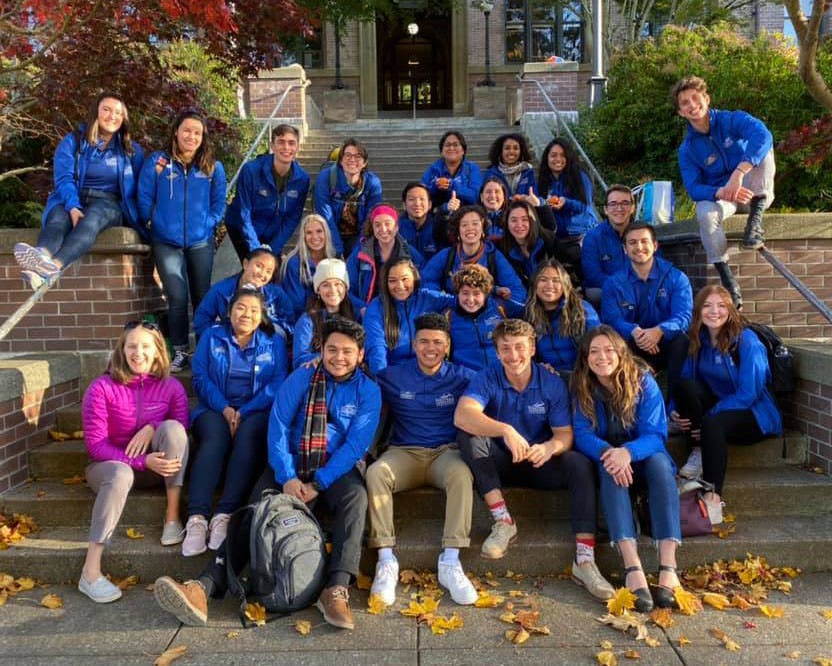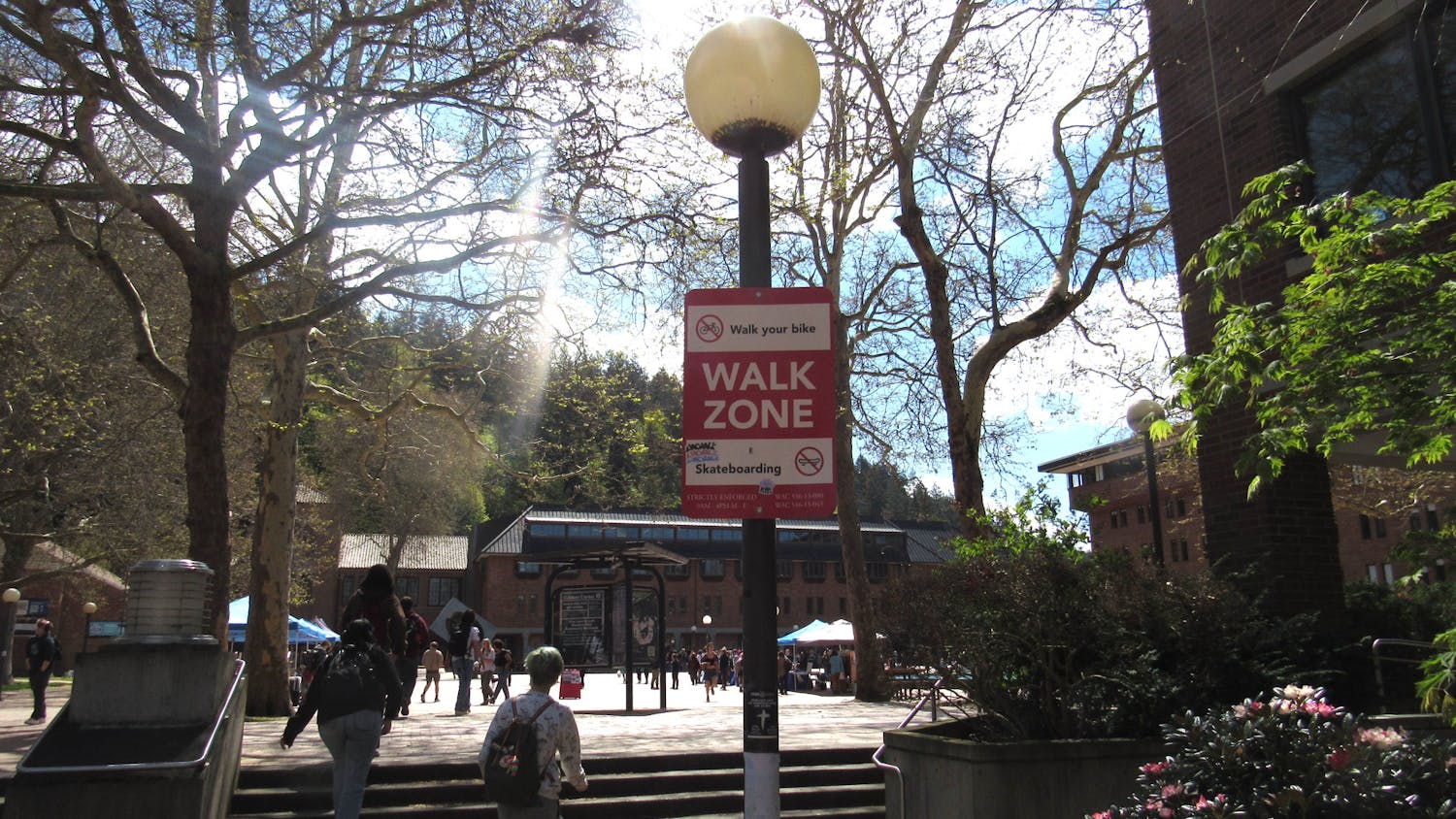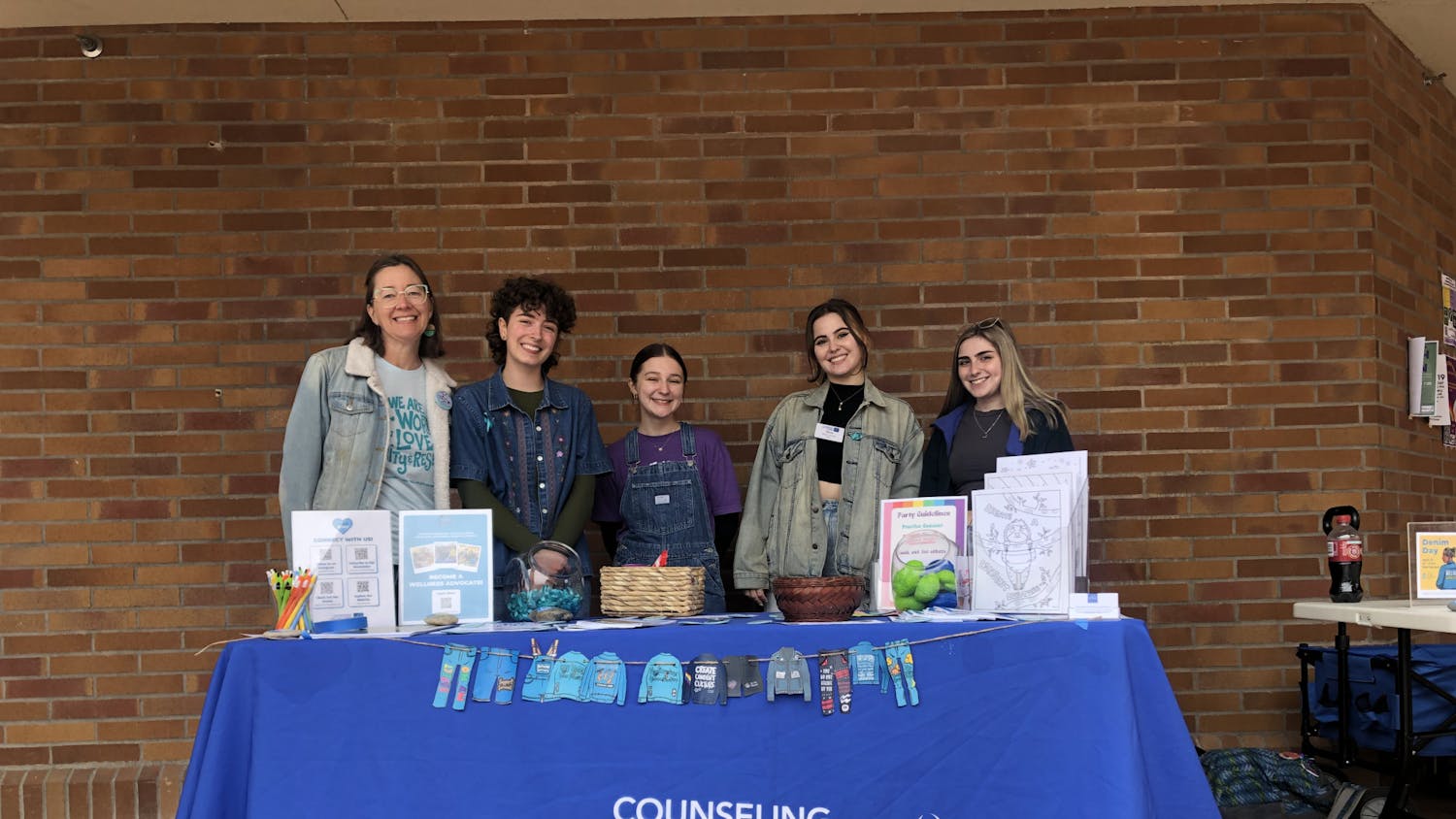
With Gov. Jay Inslee’s “Stay Home, Stay Healthy” order currently in place, Western students are confined to their homes. Some are unable to work due to their jobs being deemed “unessential.” However, some Western students are spending this period working, either essential in-person jobs or nonessential remote jobs.
Western student Melissa Quillin has worked at the McDonald’s on Samish Way for the last two years, but is currently experiencing massive changes at her workplace.
“There’s a lot more cleaning going on, and we’ve cut down on employees,” Qullin said. “They’ve only kept employees that aren’t minors and those who are the most efficient at the job.”
At her workplace, all employees are required to wear gloves. Masks are not required, as the workplace does not provide masks to the employees. Sanitation procedures have also gone up, and her managers have continued to try to implement more rules.
“Customers are not allowed to eat-in,” Quillin said. “However they are allowed to come inside and order. My manager created a petition to close the lobby, and only allow customers to order from the drive-thru. We want the building to be reserved for employees and people who work for delivery services.”
Quillin is grateful to have her job at this time, but wants customers to understand the importance of empathy. “People should be more understanding that we’re working more hours and under a lot of stress.”
While some students have jobs, many are in the stressful process of job searching. Western student Chloe Delestrez, who was recently laid off from her on-campus job, is currently job hunting.
“I have many qualifications, but it’s been hard to find a place to work since a lot of workplaces are limiting employee numbers now,” Delestrez said. “That, and I might have to apply to places that I don’t have experience in what they do, and they don’t want someone who doesn’t have experience.”
Though Delestrez needs a job, she’s still particular about where she wants to work.
“I want to work with people who understand what’s going on,” Delestrez said. “They need to take safety into consideration, and provide everyone with proper resources and compensation.”
Delestrez recently applied to work at a coffee stand and was offered an interview. When she arrived, she noticed that none of the employees were taking the proper safety precautions while working. “Nobody was wearing gloves, and there wasn’t any sanitizer in sight,” Delestrez said. “I wanted this job, but I knew I wanted to work somewhere that had a safety-first mentality, so I declined.”
For students like Delestrez, unemployment in this time has caused a lot of stress for them. The Career Services Center has provided help for students currently on the job hunt.
“The Career Services Center has adapted our services to a virtual format, so we are continuing to offer a daily drop-in hour every Monday through Friday from 3 to 4 p.m. via Zoom, as well as one-on-one appointments with career counselors,” said Page Roth, a career counselor for Western’s Career Services Center.
“We are also offering resume reviews via email as well as one-on-one appointments with students to support developing application materials.”
In times of uncertainty, Roth offers this advice to unemployed students: “As we continue to work remotely, build an online professional presence and stay connected with tools such as WE-Connect, LinkedIn and by attending our virtual employer meet-ups.”
“In addition, make sure that your resumes and cover letters are tailored to the job descriptions and that you are comfortable with video-interviewing, as both of these skills will be particularly important as we move into a more uncertain job market,” Roth said. “Stay as flexible as possible and give yourself and others grace as we move forward in this challenging time.”
However, some Western students with on-campus jobs remain employed. One job in particular, Western tour guides, are continuing their jobs in a modified format.
Many of our tour guides are still employed, and they are working on a number of different projects within the office,” Cezar Mesquita, director of University Admissions said.
“Shelter-in-place rules have prevented us from featuring in-person, on-campus tours. Instead, we are relying on pre-recorded virtual tours, and we will gradually roll out hosted virtual tours
where our tour guides will provide information about the campus and community, as well as answer questions in a question and answer format,” Mesquita said.
When making the decision to allow campus tours to remain, only through a virtual format, Mesquita knew it was important to keep students and accessibility in mind. “While we strongly encourage in-person visits to campus, we believe modified online tours will be here to stay.”
“Virtual tours may allow students to explore from the comfort of their own place and on their own time, potentially making our space much more accessible, especially for those who may not have resources for a trip to Bellingham,” Mesquita said.
Graciela Gomez, a Western student who works as a tour guide, also agrees that accessibility is important in these times. Western’s tour guides were all able to work on April 17, which was Virtual Admitted Students Day.
“We did virtual tours, and a bunch tour guides took over the OurWestern social media account for the day to answer student questions,” Gomez said. “We want to create a bridge for students to still have access.”
With this change, Gomez is looking forward to the future. “It’s difficult, like any change. But I’m excited to see where this will take us in terms of accessibility. It’s hard for students, especially those who live out of state, to come to Western’s campus for only a day. Hotels and parking cost money. With these digital tours, I’m hoping we can implement this in the future.”
To students working in jobs similar to hers, Gomez gives them this advice: “Ask as many questions as you can, because everyone else is learning. It’s like we’re in a three-legged race. We need to work together and be in the same rhythm to get to the finish line.”





